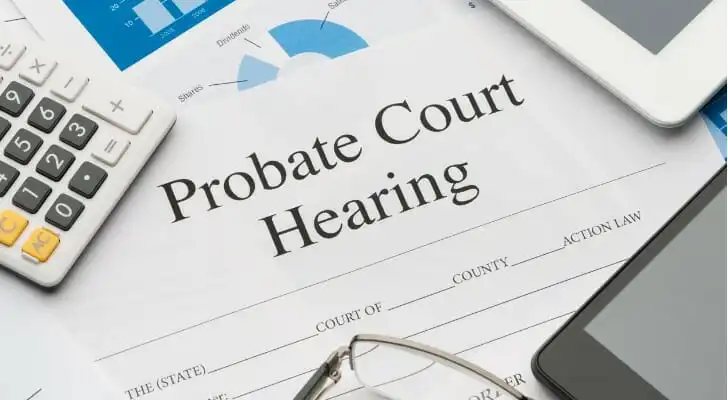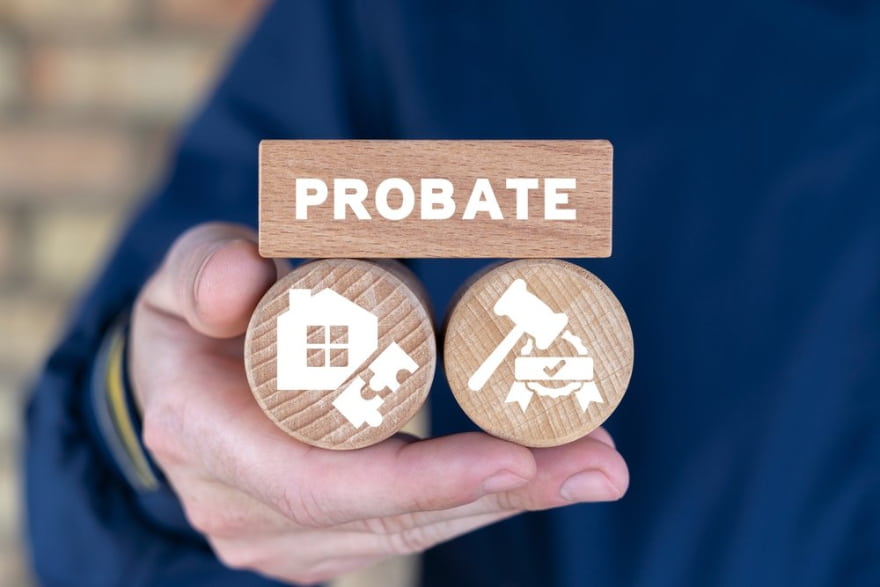Frequently Asked Questions
Do I need a trust?
The need for a trust depends on your specific estate planning goals. A trust can help manage your assets, avoid probate, and provide for your loved ones efficiently, making it a valuable consideration for many individuals.
Who needs estate planning?
Estate planning is essential for anyone who wishes to ensure their assets are distributed according to their wishes after their passing. This includes individuals with dependents, significant assets, or specific healthcare preferences.
How to plan my estate?
Planning your estate involves organizing your assets and deciding how they will be distributed after your passing. Start by creating a will, considering trusts, and consulting with a probate attorney to ensure your wishes are legally documented and honored.
What is power of attorney?
The power of attorney is a legal document that allows an individual to designate another person to make decisions on their behalf, particularly regarding financial, medical, and legal matters, in the event they are unable to do so themselves.
How to avoid probate?
Avoiding probate can be achieved through strategies such as establishing a living trust, designating beneficiaries on accounts, and jointly owning property. These methods help ensure assets transfer directly to heirs without going through the probate process.
What services do estate lawyers offer?
Estate lawyers offer a range of services, including assistance with wills, trusts, probate administration, estate planning, and navigating legal complexities related to asset distribution and inheritance.
What is estate planning cost?
The cost of estate planning varies based on factors such as the complexity of your estate, the services required, and the attorney's fees. Typically, it can range from a few hundred to several thousand dollars.
What is estate planning law?
Estate planning law involves the process of arranging for the management and distribution of an individual's assets after their death, ensuring that their wishes are honored and minimizing potential legal complications for their heirs.
What is probate law?
Probate law refers to the legal process through which a deceased person's estate is administered, including validating their will, settling debts, and distributing assets to beneficiaries. It ensures that the wishes of the deceased are honored and followed.
Why hire a cypress lawyer?
Hiring a Cypress lawyer ensures you receive localized legal expertise tailored to the specific probate laws and regulations in Texas, providing you with effective representation and support throughout the estate management process.
What are the benefits of having a trust?
The benefits of having a trust include avoiding probate, ensuring privacy, and providing controlled asset distribution to beneficiaries. Trusts can also offer tax advantages and protect assets from creditors, making them a valuable estate planning tool.
Who should consider estate planning services?
Estate planning services are essential for anyone who wants to ensure their assets are managed and distributed according to their wishes after their passing. This includes individuals with significant assets, those with dependents, or anyone seeking to minimize estate taxes and avoid probate complications.
What steps are involved in estate planning?
The steps involved in estate planning include assessing your assets, determining your goals, choosing beneficiaries, drafting essential documents like wills and trusts, and regularly reviewing and updating your plan to reflect any life changes.
How does a power of attorney work?
A power of attorney works by allowing an individual, known as the principal, to designate another person, called the agent, to make decisions on their behalf regarding financial, legal, or medical matters, as specified in the document.
What strategies help avoid probate issues?
Strategies to avoid probate issues include establishing a living trust, designating beneficiaries on accounts, and utilizing joint ownership for assets. These methods can streamline the transfer of assets and minimize complications during estate management.
What types of services do estate lawyers provide?
Estate lawyers provide a variety of services, including drafting wills, establishing trusts, navigating probate processes, and offering legal guidance on estate planning and management to ensure clients' wishes are honored and assets are protected.
How much should I budget for estate planning?
Budgeting for estate planning typically ranges from a few hundred to several thousand dollars, depending on the complexity of your estate and the services required. It's essential to consult with a probate attorney to determine your specific needs.
What are the key elements of estate planning law?
The key elements of estate planning law include the creation of wills, trusts, powers of attorney, and healthcare directives. These tools help ensure that an individual's wishes are honored regarding asset distribution and healthcare decisions after their passing.
What are the main aspects of probate law?
The main aspects of probate law include the validation of wills, the appointment of executors or administrators, the inventory and appraisal of estate assets, the settling of debts and taxes, and the distribution of remaining assets to beneficiaries.
Why is it important to hire a local lawyer?
Hiring a local lawyer is important because they possess specific knowledge of local laws, court procedures, and community resources, ensuring that your legal matters are handled effectively and with a personal touch that aligns with your unique circumstances.
What documents are needed for estate planning?
The documents needed for estate planning include a will, power of attorney, healthcare proxy, and possibly a trust. These documents ensure your wishes are followed and provide guidance for managing your estate.
How can I update my estate plan?
Updating your estate plan involves reviewing and revising your documents to reflect any changes in your life circumstances, such as marriage, divorce, or the birth of a child. Consult with an attorney to ensure your updates are legally sound.
What happens if I die without a will?
Dying without a will means your assets will be distributed according to state intestacy laws, which may not reflect your wishes. This process can lead to delays and complications for your loved ones in managing your estate.
How can I choose the right estate lawyer?
Choosing the right estate lawyer involves assessing their experience in probate law, understanding your specific needs, and ensuring they communicate clearly. Look for someone who demonstrates empathy and a personalized approach to your unique situation.
What is the role of an executor in probate?
The role of an executor in probate is to manage the deceased's estate, ensuring debts are paid, assets are distributed according to the will, and legal requirements are fulfilled throughout the probate process.
What are common mistakes in estate planning?
Common mistakes in estate planning include failing to update documents regularly, neglecting to consider tax implications, and not clearly communicating intentions to heirs. These oversights can lead to disputes and unintended consequences after one's passing.
How can I protect my assets through planning?
Protecting your assets through planning involves creating a comprehensive estate plan that includes wills, trusts, and beneficiary designations. This strategic approach ensures your assets are managed according to your wishes and safeguarded from potential legal disputes.
What is the difference between a will and a trust?
The difference between a will and a trust lies in their functions and timing. A will outlines how your assets will be distributed after your death, while a trust allows for the management and distribution of assets during your lifetime and after your passing.
How often should I review my estate plan?
The frequency of reviewing your estate plan is essential for ensuring its relevance and effectiveness. It's advisable to review your estate plan every three to five years or after significant life events, such as marriage, divorce, or the birth of a child.
What are the tax implications of estate planning?
The tax implications of estate planning include potential estate taxes, gift taxes, and income taxes on inherited assets. Proper planning can minimize these taxes, ensuring more of your estate is passed on to your beneficiaries.










